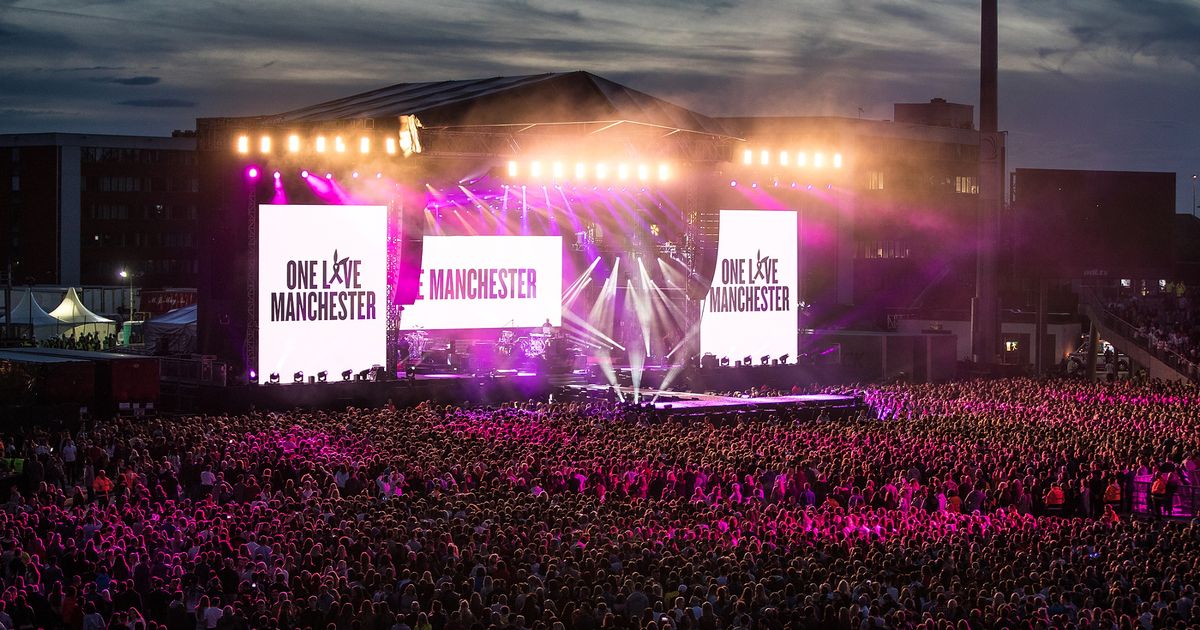Wednesday 22nd May 2019 marked the 2nd anniversary of the Manchester Arena bombing in which 22 people tragically lost their lives and many others were injured. The attack was horrific and inhumane with people from around the world being quick to send their condolences to the families of the victims and the people of Manchester. Ariana Grande’s One Love concert that took place less than a month after the terrorist attack occurred was a perfect symbol of this collective support, as all kinds of people came together to show that hate and violence cannot win over love and solidarity.
As a Mancunian, I was horrified that a terrorist attack had occurred in my own city, something that hadn’t happened since an IRA bombing in 1996 where many were injured but none fatally. It shook me that people who lived not very far away from me had suddenly had their lives taken away. I remember that the atmosphere in my college and in my town in the days following the attack was not normal as it had evidently hit people hard and caused so much emotional strain. However, the overall response of my city was electric and inspiring as people from all different backgrounds and religions united in championing Manchester as a diverse city that celebrates tolerance and equality. The fact that the Oasis song ‘Don’t Look Back In Anger’ became the song associated with the aftermath of the attack is a true symbol of how Mancunians resisted responding with hate and bitterness. It is what caused the rest of the world to look upon the city with respect and admiration.
Everyone should follow Manchester’s lead in promoting the message of hope not hate. I’m sure I’m not the only one who feels that society is becoming more and more xenophobic and divisive. You only have to look on social media to see that high levels of prejudice and bigotry still exist.
The fact that Tommy Robinson is running as a candidate for the North West in the EU elections alarms and
The press treatment of Meghan Markle as well as of many other black and mixed race people
You may be wondering how all of these issues link to the 2017 Manchester terrorist attack and the city’s response to it. The message of hope not hate that was fostered then evidently should apply to society now more than ever, especially in the age of a divisive Brexit and the rise of hate crime and far-right nationalism across the world. There needs to be more education on how immigration has vastly contributed to strengthening our society, and how voting is important in helping to make progress and shape the way we live. No matter what our political stance, our ethnicity or our religion, it is important to treat others with respect and not respond to anything in an aggressive and narrow-minded way.

